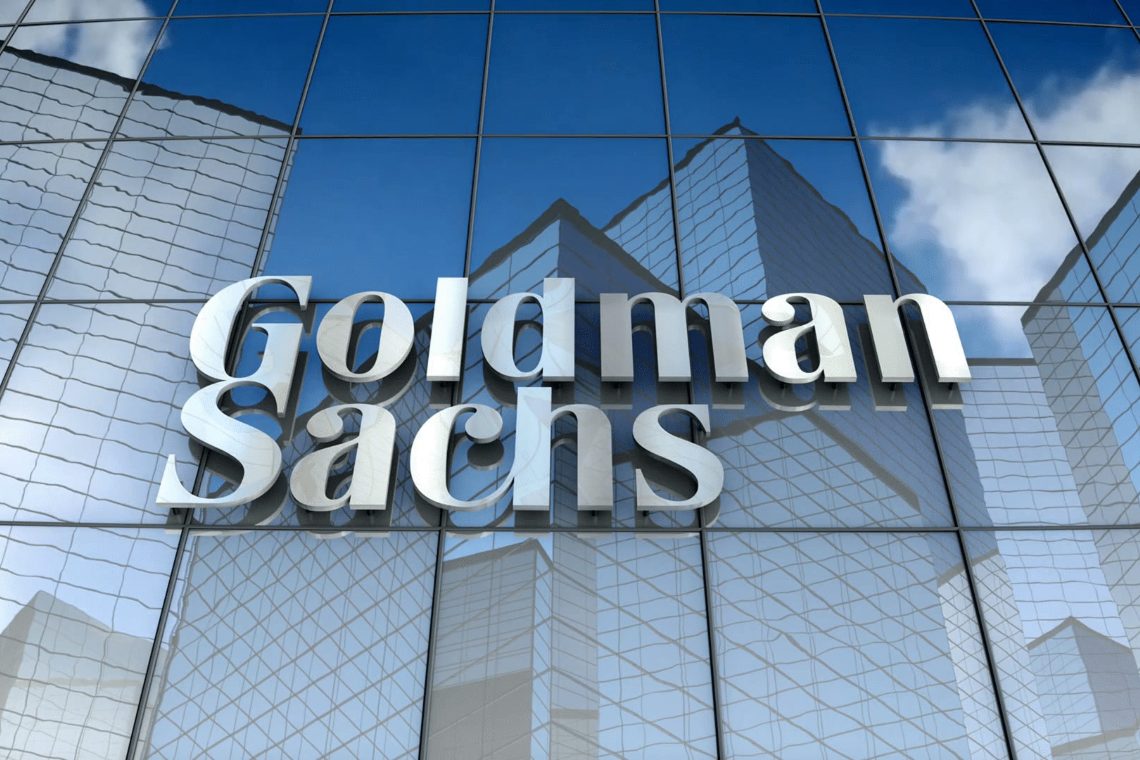Goldman Sachs Sees Resilience in the U.S. Stock Market Amid Market Instability
12.09.2024 15:00 1 min. read Kosta Gushterov
Goldman Sachs strategists, led by Christian Müller-Glissmann, are forecasting greater resilience in the U.S. stock market than many investors expect, suggesting a low probability of a severe recession.
Despite challenges such as higher valuations, mixed economic growth, and policy uncertainty, they believe the strength of the private sector and anticipated monetary easing will help avoid a significant bear market.
Historical trends support this view, showing that major market corrections—defined as declines of 20% or more in the S&P 500 index—have become less frequent since the 1990s. This is attributed to longer business cycles, lower macroeconomic volatility, and proactive central bank interventions.
However, the strategists maintain a neutral stance on asset allocation with a slight preference for riskier assets. This cautious optimism follows recent major sell-offs, where global equities lost over $4 trillion in a week—the largest drop in two years.
The backdrop includes rising costs of U.S. federal debt, which now exceed $1.1 trillion annually, reaching $3 billion a day. The Federal Reserve’s interest rate hikes are contributing to these concerns.
-
1
Gold Beats U.S. Stock Market Over 25 Years, Even With Dividends Included
13.07.2025 15:00 1 min. read -
2
US Inflation Heats Up in June, Fueling Uncertainty Around Fed Cuts
15.07.2025 16:15 2 min. read -
3
U.S. Announces Sweeping New Tariffs on 30+ Countries
12.07.2025 16:30 2 min. read -
4
Robert Kiyosaki Predicts When The Price of Silver Will Explode
28.06.2025 16:30 2 min. read -
5
Key U.S. Economic Events to Watch Next Week
06.07.2025 19:00 2 min. read
US Inflation Heats Up in June, Fueling Uncertainty Around Fed Cuts
U.S. inflation accelerated in June, dealing a potential setback to expectations of imminent Federal Reserve rate cuts.
Gold Beats U.S. Stock Market Over 25 Years, Even With Dividends Included
In a surprising long-term performance shift, gold has officially outpaced the U.S. stock market over the past 25 years—dividends included.
U.S. Announces Sweeping New Tariffs on 30+ Countries
The United States has rolled out a broad set of new import tariffs this week, targeting over 30 countries and economic blocs in a sharp escalation of its trade protection measures, according to list from WatcherGuru.
Key U.S. Economic Events to Watch Next Week
After a week of record-setting gains in U.S. markets, investors are shifting focus to a quieter yet crucial stretch of macroeconomic developments.
-
1
Gold Beats U.S. Stock Market Over 25 Years, Even With Dividends Included
13.07.2025 15:00 1 min. read -
2
US Inflation Heats Up in June, Fueling Uncertainty Around Fed Cuts
15.07.2025 16:15 2 min. read -
3
U.S. Announces Sweeping New Tariffs on 30+ Countries
12.07.2025 16:30 2 min. read -
4
Robert Kiyosaki Predicts When The Price of Silver Will Explode
28.06.2025 16:30 2 min. read -
5
Key U.S. Economic Events to Watch Next Week
06.07.2025 19:00 2 min. read


